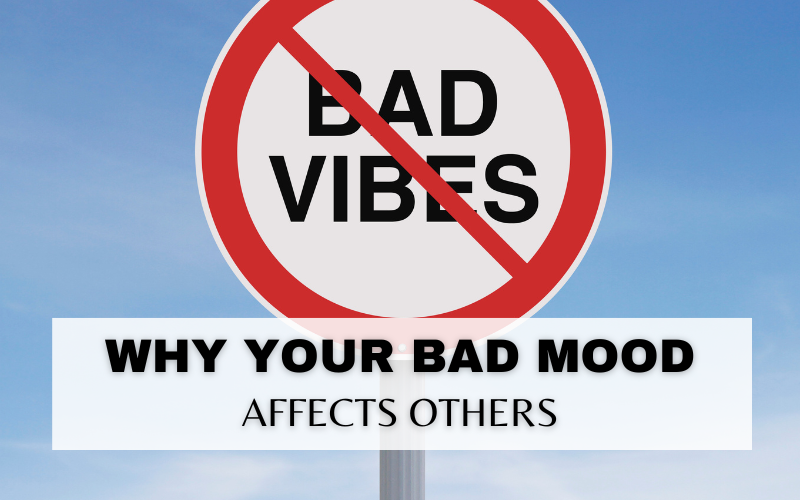Over the past week, I’ve been asking my followers, clients and delegates to tell me their biggest challenges. Unsurprisingly, one of the top ones came out as how to take time for yourself and avoid burnout without feeling guilty or selfish.
It’s a huge topic, and I can’t answer it entirely in one short(ish) article. However, I can offer one quick and easy solution that is proven to work with hundreds of clients and delegates.
But firstly, it’s essential to remember…
Let’s start with a reframe (I love a good reframe)…
We affect those around us with our mood and body language. We are giant of balls of electricity, and our emotions radiate from us for around two metres.
So, if you’re feeling agitated, angry, upset, frustrated, tired (well, you get the idea), you will be spreading those emotions like a virus. Our bad moods are toxic not just to us but to those around us, both at home and work (behaviour breeds behaviour).
Therefore, taking care of your physical and mental wellbeing is critical; it’s not a ‘nice to have’. If you’re not doing it, you can’t possibly expect to work at full capacity in any sustainable way, which is how burnout occurs. You’ll also be negatively affecting EVERYONE around you. Do you really want to be responsible for that?!
Do you have small children?
Maybe even more importantly, children learn by watching and copying. So, if you have kids (especially ones under seven) and you’re not consciously managing your ‘state’ when you’re around them, you are training them to behave towards themselves and others in precisely the same way when they grow up (I’ll talk more about this in future episodes):
- If they see you always put others ahead of your own needs, they’ll likely copy you.
- If they observe you continually placing work ahead of them, they’ll likely copy you.
- If they watch you worrying, overthinking, stressing, getting agitated or angry, they will likely copy you!
When I see a client suffering from anxiety, stress, overthinking (which is extremely common, especially at the moment), I always ask them which parent does that behaviour. In 100% of cases, they’ve learnt it unconsciously as a child from one of their primary caregivers.
So, what can you do?
Start small. If I said, ‘Right, you need to take an hour every day to do something just for you’, well, quite simply, you’re not going to do it (unless you do it already). But what EVERYONE can find time for is:
The 10-minute Happiness Challenge
Every day, spend just 10 minutes doing something that makes you happy, and that brings you joy. For example, a bubble bath, 10-minute walk, kitchen disco, read a chapter of a favourite book, meditate, call a friend, do yoga, go for a run, listen to your favourite music, hobby, read to your child. Whatever works for you.
10-minutes sounds like it’s not enough to make a difference, but you’re wrong! In just 10 minutes each day, consistently (and consistency is the key here), you can rewire your nervous system for happiness NOW, and you’ll be amazed at how quickly you begin to feel calmer and more in control.
The hardest part of this? Remembering to do it, especially if you feel guilt or shame for doing something just for you. Incidentally, if that’s what you believe, the likelihood is that you learnt it from one of your parents/primary caregivers!
Creating New Habits
To create a new habit, you have to do that new ‘thing’ enough times to develop a deep neural pathway in your brain. You do that through repetition. So the quickest way to establish a new habit is to tag it onto something you already do automatically, e.g. brushing your teeth, putting the kettle on, making/getting lunch. Research shows that when we link something new to an existing habit, we can embed it more quickly (‘Tiny Habits’ by BJ Fogg).
Another top tip (and you can use this for sticking to an exercise regime), is to put the time in your diary as you would any other important, immovable meeting; because you and your happiness ARE that important!
Making YOU a priority (even for just 10-minutes a day) is not selfish; it’s critical to your health, wellbeing and overall productivity, not to mention the positive impact you’ll have on those around you.
So, what will you commit to doing for your ‘10-minute Happiness Challenge’? Let me know in the comments section below.



